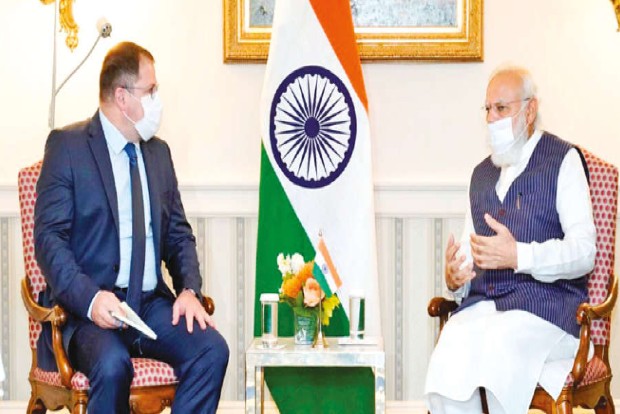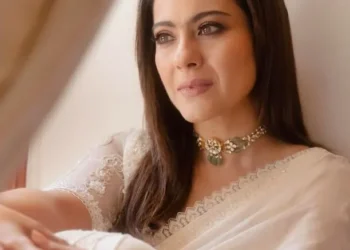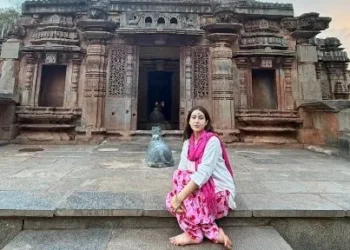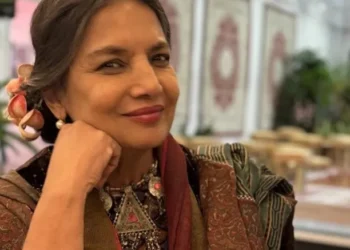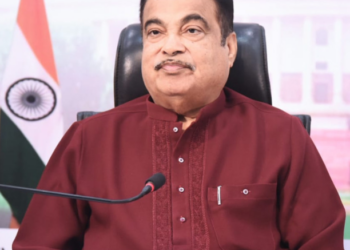Prime Minister Narendra Modi on Thursday met a group of five top American corporate leaders on a one-on-one basis from a range of diverse sectors ranging from drones to 5G, semiconductor, and solar and encouraged them to step up their investments by highlighting the vast opportunities in India.
“Talking technology…,” the Prime Minister’s Office said in a Twitter post after Modi’s meeting with Qualcomm CEO Cristiano Amon and First Solar CEO Mark Widmar. They had a productive interaction, it said. “PM Modi highlighted the vast opportunities India offers. Mr. Amon expressed keenness to work with India in areas such as 5G and other” Digital India efforts, it added.
Modi discussed India’s renewable energy landscape with Mark Widmar, CEO of First Solar, a leading US-based manufacturer of solar panels. Widmar shared plans to use the Indian government’s ambitious production linked incentive (PLI) scheme for manufacturing solar power equipment with unique thin-film technology and integrating India into global supply chains. In his meeting with Adobe CEO Shantanu Narayen, the PM discussed Adobe’s ongoing activities in India and future investment plans. Modi also met Vivek Lall, chief executive of General Atomics, and Stephen A Schwarzman from Blackstone.
Modi would later drive down to the White House for a meeting with Indian-origin US Vice President Kamala Harris at her ceremonial office. The maiden meeting between the two leaders has been scheduled for an hour.
US rules out adding India or Japan to AUKUS alliance
The US has ruled out adding India or Japan to the new trilateral security partnership with Australia and Britain to meet the challenges of the 21st century in the strategic Indo-Pacific region. On September 15, US President Joe Biden, Australian Prime Minister Scott Morrison and British Prime Minister Boris Johnson jointly announced the formation of the trilateral security alliance AUKUS under which Australia would get a fleet of nuclear-powered submarines for the first time. “The announcement of AUKUS last week was not meant to be an indication, and I think this is the message the President also sent to (French President Emmanuel) Macron, that there is no one else who will be involved in security in the Indo-Pacific,” White House Press Secretary Jen Psaki told reporters.







